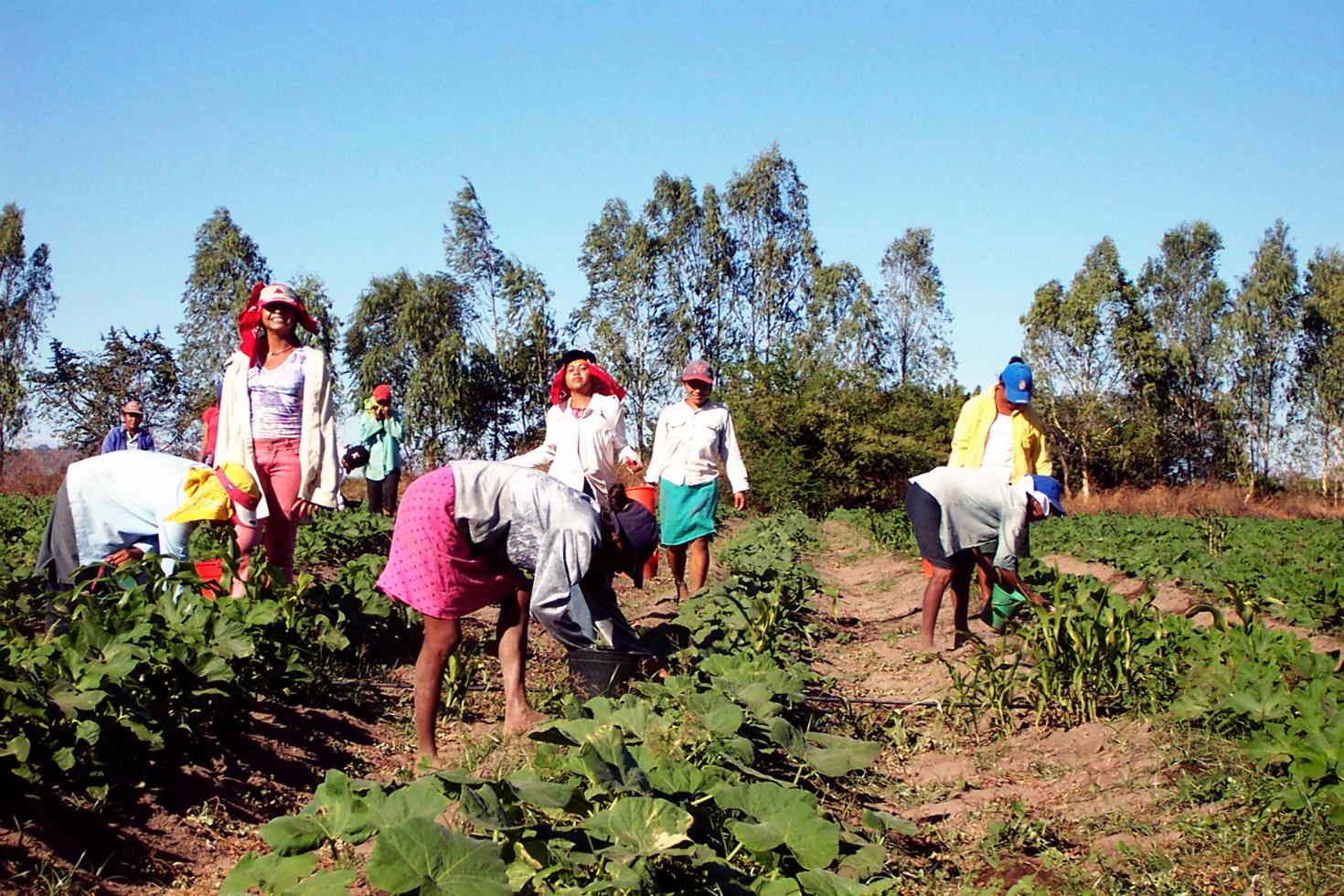The Inter-American Institute for Cooperation on Agriculture (IICA) is adopting an innovative approach and actions to foster the economic independence and empowerment of rural women. The Institute’s decisive actions stem from the recognition of a painful reality: rural women are among the most disadvantaged group of women.

San Jose, 8 March 2019 (IICA). On International Women’s Day, the Inter-American Institute for Cooperation on Agriculture (IICA) is reaffirming its commitment to reducing inequalities facing rural women – a goal it is pursuing by adopting an innovative approach and actions to ensure the economic independence and empowerment of these women.
This decisive action by the Institute stems from the recognition of a painful reality, which IICA wants to and is working to change: rural women—some 60 million in the Americas—are the most marginalized group of women. Furthermore, of this total, approximately 11.5 million are members of indigenous communities and an equal number are rural women of African descent.
Rural women have a lower level of formal education (seven years, on average, which is considerably below the average in urban areas); a higher level of illiteracy; and are allowed significantly less access to production resources.
IICA’s institutional roadmap – the 2018-2022 Medium-term Plan – has established a “Strategy for Gender and Rural Women in Agricultural Development and Rural Territories,” which pursues strategic objectives, such as to ensure the increased contribution of the agriculture sector to economic growth and sustainable development, to promote the well-being of all inhabitants of rural areas, and to enhance the resilience of rural areas and agrifood systems.
IICA’s Director General, Manuel Otero, remarked that “including rural women will entail incorporating their experience, knowledge, interests, and needs, as a means of empowering them. This is the route we will have to take in order to change what we consider to be inequitable social and institutional structures and to make them more fair and equitable.”
Entrepreneur Susana Balbo, who chaired W20 (the G20’s forum for dialogue on women’s empowerment) in 2018, and who fosters development, inclusion and empowerment with a focus on gender and rural youth through her role as an IICA Goodwill Ambassador, highlighted the importance of fostering entrepreneurship as well as adopting measures to accelerate changes in rural women’s situation.
“Rural women represent one third of the global population and account for half of global food production. They play a crucial role in the sustainability of land, families and the social fabric. By improving their situation, we could increase global production by up to 30%; their full participation in the workforce would also contribute to significantly reducing hunger in the world,” remarked Balbo.
As part of the actions to incorporate gender and youth as cross-cutting issues into the Institute’s work agenda, “IICA fosters the generation of quantitative and qualitative information on rural women, providing greater visibility for the inequalities they face, their needs, progress and aspirations,” stated Federico Villarreal, Director of Technical Cooperation.
In this regard, IICA develops and proposes actions aimed at contributing to rural women’s economic independence; fostering entrepreneurship to enable them to assume a leading role in the production, social, economic and technological sectors; promoting women’s participation in decision-making forums on rurality and agriculture; and driving policymaking as well as the establishment of public and private institutions for rural women, at both the national and international levels.
IICA also implements actions geared toward strengthening the capacities of rural women through greater access to education and knowledge, while also contributing to creating the necessary institutional frameworks for the management of production and social policies that clearly express the contribution of rural women to territorial dynamics.
More information:
Federico Villarreal, Director of Technical Cooperation, IICA











